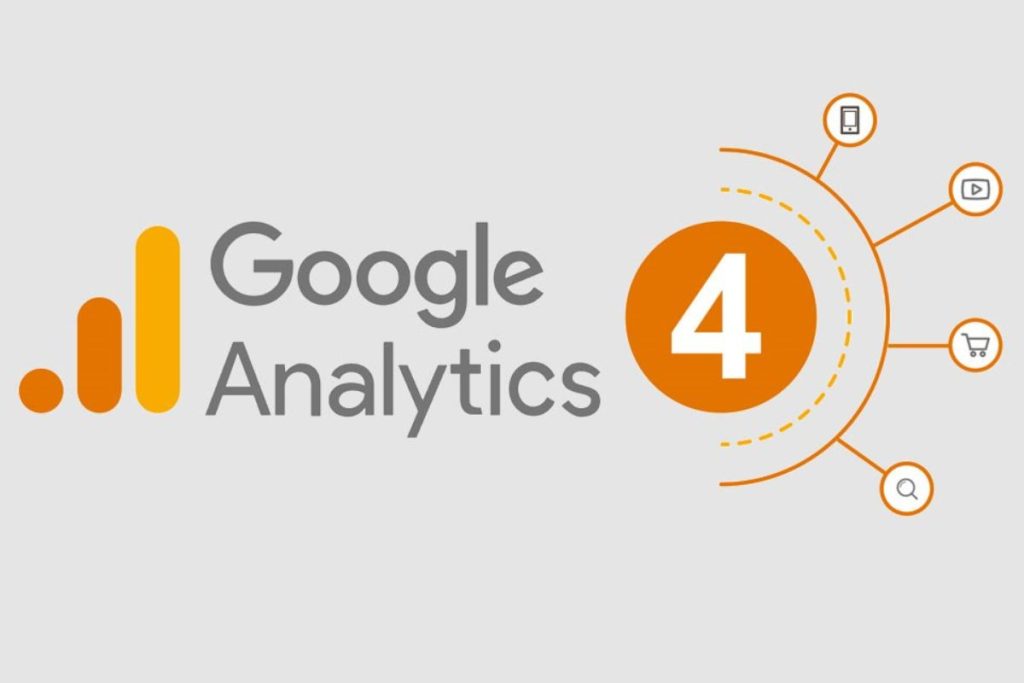In today’s fast-paced digital landscape, adapting to cutting-edge technologies is key for businesses aiming to thrive. A major stride in the realm of online analytics is Google Analytics 4 (GA4), the successor to Universal Analytics. GA4 brings a host of innovative features and tools that promise to transform the way businesses comprehend and engage with their audience. This blog post delves into the compelling reasons why migrating to Google Analytics 4 is not merely important but essential for any forward-thinking organisation, particularly in the UK.
1. A User-Centric Approach
GA4 revolves around a user-centric model, concentrating on individual user interactions across various devices and platforms. This shift from a session-based approach allows businesses to gain a profound understanding of user behaviour. Consequently, businesses can create more personalised and effective marketing strategies tailored to their UK audience.
2. Advanced Machine Learning and AI Capabilities
A standout feature of GA4 is its robust integration of machine learning and artificial intelligence. These capabilities empower businesses to extract invaluable insights from their data. Predicting customer behaviour, understanding purchase patterns, and identifying high-value audiences become more accurate and actionable through AI. For businesses in the UK, this means making data-driven decisions with unmatched precision.
3. Seamless Cross-Platform Tracking
Users in the UK interact with businesses across various platforms, including websites, mobile apps, and social media. GA4 offers seamless cross-platform tracking, enabling businesses to monitor user interactions comprehensively. This holistic view provides an in-depth understanding of user journeys, allowing businesses to optimise their marketing efforts for maximum impact on the UK market.
4. Privacy-Centric Data Collection
Given the rising concerns about user privacy and data protection, GA4 prioritises privacy-centric data collection practices. It offers advanced features like consent mode, allowing businesses to adapt their data collection strategies based on user consent preferences. For UK businesses, this emphasis on privacy builds trust with their audience and ensures compliance with evolving data regulations, including GDPR.
5. Flexible Event Tracking and Customisation
GA4 introduces a more intuitive event tracking system, enabling UK businesses to define and track specific user interactions crucial to their objectives. This flexibility empowers businesses to customise their analytics setup according to their unique requirements. Whether it’s tracking form submissions, video views, or e-commerce transactions, GA4 provides the tools needed for UK businesses to measure what truly matters.
6. Future-Proofing Your Analytics Strategy
Google’s primary focus is shifting towards GA4. As a result, support and updates for Universal Analytics are expected to decrease. By migrating to GA4, UK businesses future-proof their analytics strategy. This ensures alignment with Google’s latest advancements and industry standards. Early adoption also provides UK businesses with a competitive edge, enabling them to leverage GA4’s features ahead of their competitors.
In conclusion, migrating to Google Analytics 4 is not just an upgrade; it’s a strategic imperative for businesses in the UK aiming to thrive in the digital age. By embracing GA4’s user-centric approach, advanced AI capabilities, cross-platform tracking, privacy-centric features, customisation options, and future-proofing advantages, UK businesses can unlock unparalleled insights and drive meaningful growth. Make the transition today and position your organisation at the forefront of data-driven innovation.

